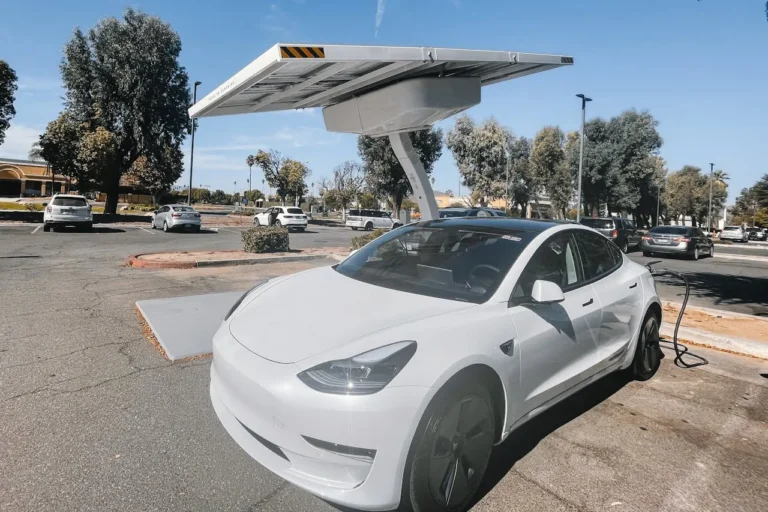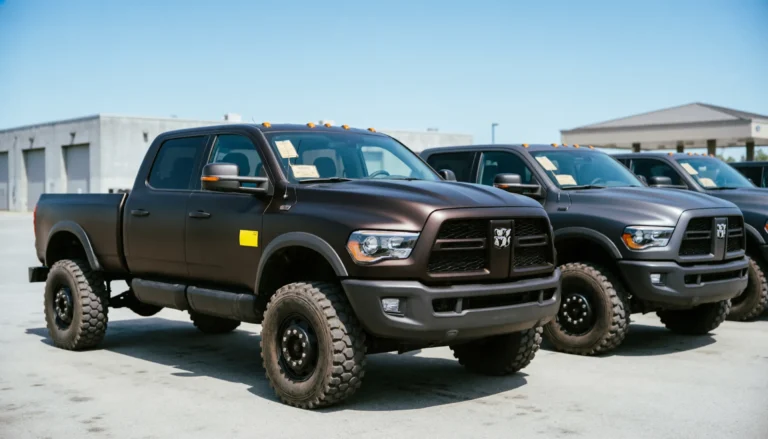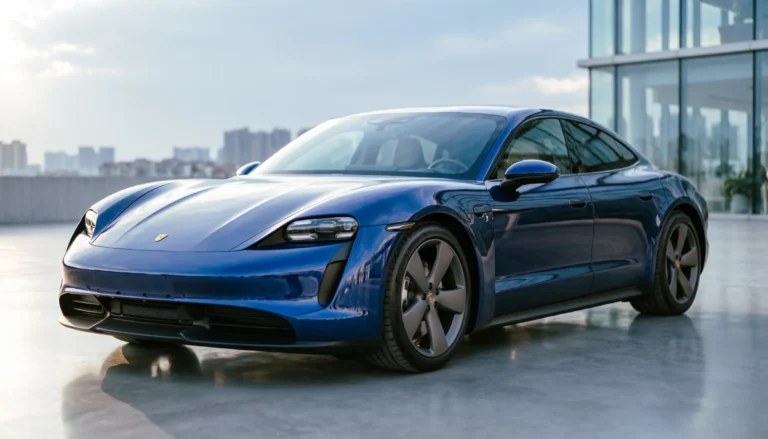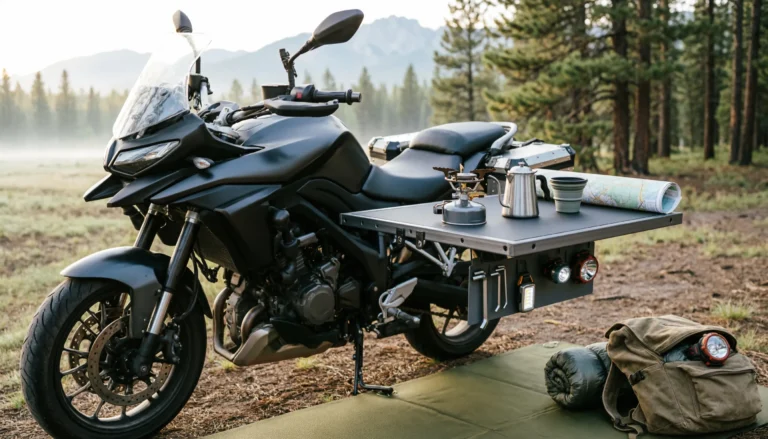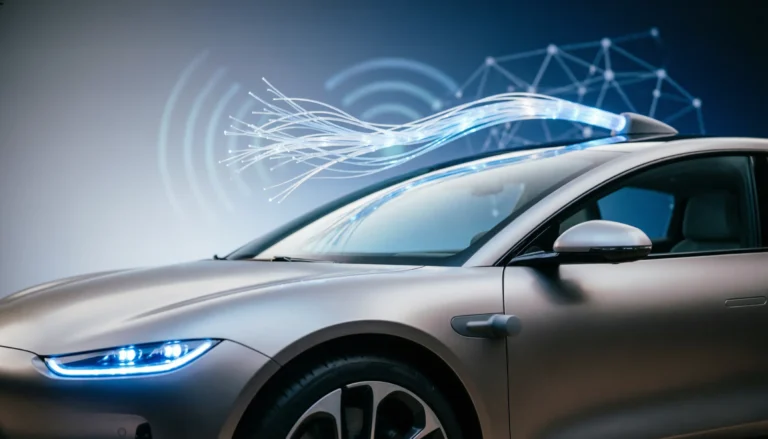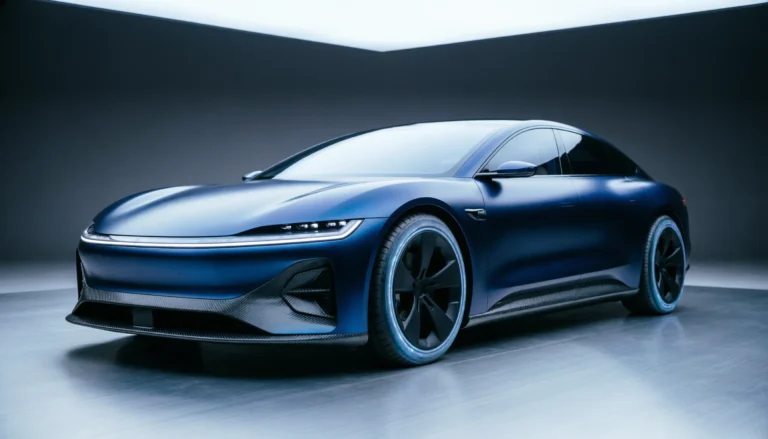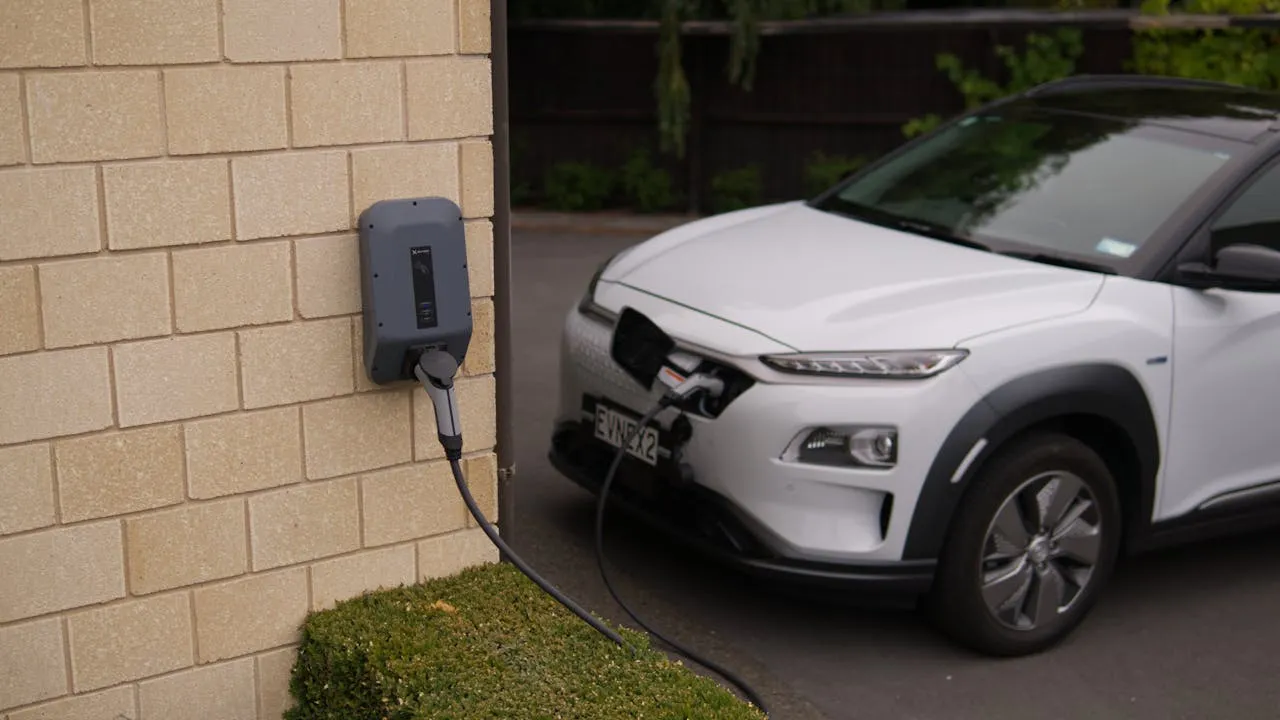
With nearly 60 million electric vehicles (EVs) projected to be on the road by the end of 2024, seamless communication, integration, and interoperability between OEMs and electric vehicle supply equipment (EVSE) providers are essential to alleviate charging concerns and boost EV adoption. CharIN, the leading international industry association dedicated to EV charging standards and interoperability, is at the forefront of this effort. Their 2024 North American Testival and Conference, held in mid-June, attracted 415 participants to evaluate vehicles and equipment in real-world scenarios. Hosted by Lincoln Electric in Cleveland, Ohio, this event was the largest of its kind to date, featuring 22 vehicle platforms and 23 EVSEs working together to improve performance and interoperability.
“It’s a privilege to collaborate with CharIN again and welcome the North American Testival back to Lincoln Electric,” said Steve Sumner, Vice President of Corporate Innovation at Lincoln Electric. “Events like these are critical for ensuring robust interoperability, which is vital for industry growth and building consumer trust. Our ongoing partnership highlights our commitment to advancing mobility with innovative solutions that make EV ownership more convenient and secure.”
The Testival offered a unique platform for the global EV and charging industry to test equipment interoperability. Key highlights included the Joint Office of Energy and Transportation showcasing the EVerest project, and demonstrations of Seamless Retry, Remote Test Harness, and Prescribed Testing by the ChargeX Consortium. This consortium, comprising Argonne National Laboratory, Idaho National Laboratory, and the National Renewable Energy Laboratory, led a new optional prescribed testing program. Sam Thurston, Testing Task Force Lead of the ChargeX Consortium, noted, “This was the first CharIN Testival with optional prescribed testing. We gathered valuable feedback that will inform a public report and enhance future testing efforts.”
Additionally, the event featured the first testing of charging equipment products integrated with the ISO 15118-20 protocol, which simplifies the charging experience with innovations like Plug & Charge. This feature allows EV owners to connect their vehicles to compatible charging stations without manual authentication. Hubject, a leader in Plug & Charge technology, conducted the first end-to-end Plug & Charge testing, including backend systems and technical support to simulate real-world conditions. “End-to-end testing is crucial for ensuring a reliable and positive charging experience,” said Trishan Peruma, Hubject North American CEO. “We’re excited to continue this collaboration with CharIN in future events.”
The Testival also introduced successful multi-PKI (Public Key Infrastructure) testing. This development is significant for automotive manufacturers as it verifies vehicle compatibility with various charging stations through secure encryption protocols. For the first time, online PKI testing directly linked charging stations to the backend, enabling comprehensive evaluations of end-to-end interactions.
“Interoperability is at the heart of everything we do at CharIN,” said Oleg Logvinov, Chair of CharIN North America and President and CEO of IoTecha Corp. “Today, we’re not just testing vehicle-to-charger interactions; we’re validating the entire chain from the vehicle to the cloud. This holistic approach helps us deliver a better service and promotes greater consumer adoption of electric vehicles.”
The June event in Cleveland marked the seventh CharIN testing event held in North America since 2018. The next North American testing event is scheduled for fall on the West Coast.


